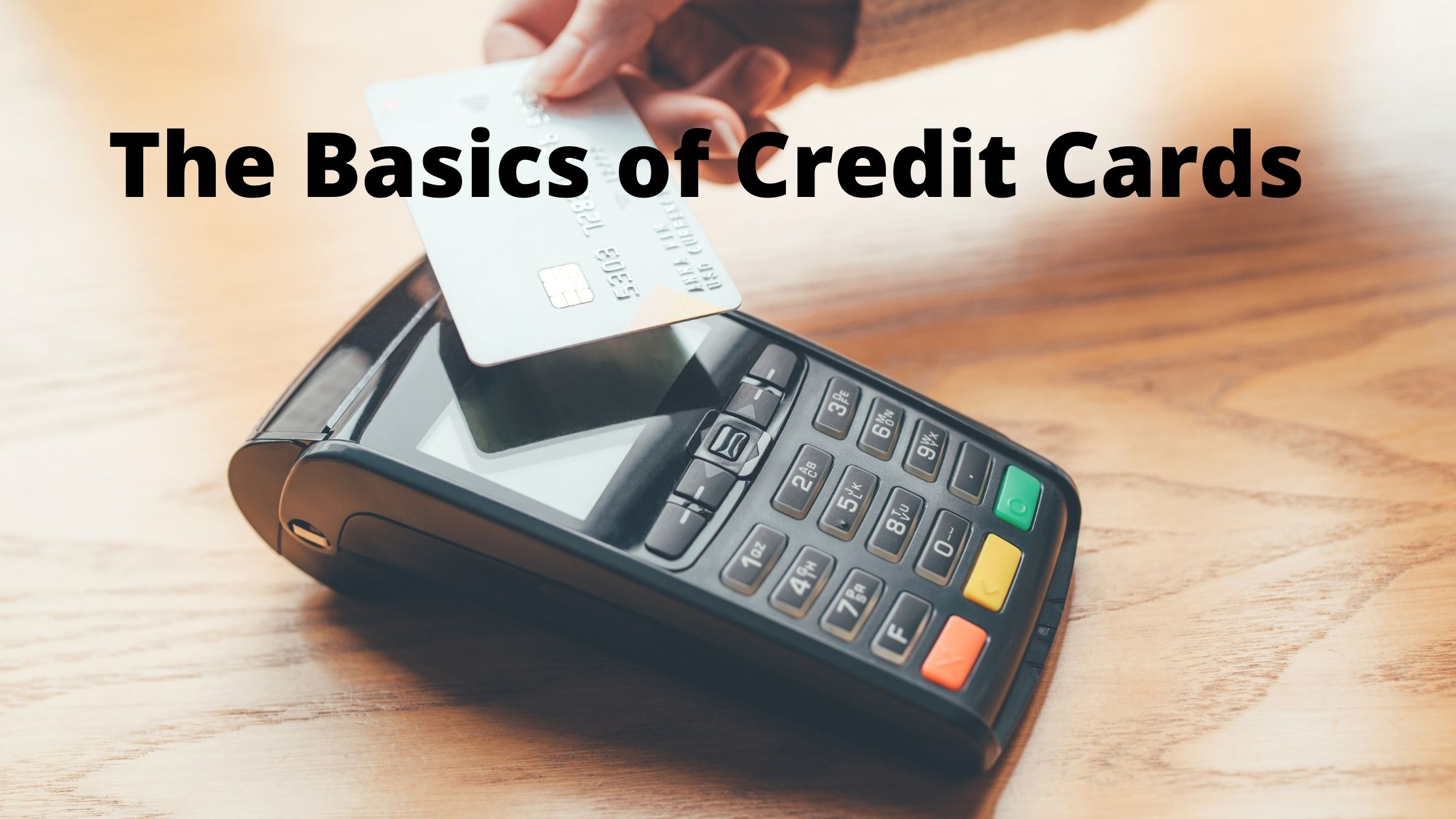Credit cards can be a great way to get access to affordable loans, but they come with a few important caveats. In this guide, we’ll discuss the importance of credit scores, how to use credit cards responsibly, and more. So if you’re looking to improve your financial health, be sure to check out this guide!
The Basics of Credit Cards
Credit cards can be a great way to build your credit score, rack up rewards, and save on everyday expenses. However, there are a few things you need to know before you put one in your wallet. In this article, we’ll cover the basics of credit cards and how to use them to improve your financial health.
How Credit Cards Work
When you apply for a credit card, the bank will look at your credit history and decide whether or not to approve you for the card. A good credit history means that you have paid your bills on time and have no history of major debt payments that have gone into collections. If you have a low credit score, the bank may not approve you for a card even if you are qualified for it based on your income and other factors. The best way to improve your credit score is to pay your bills on time and keep an accurate record of all your debts and payments.
Your Credit Card Rewards
A major reason people use credit cards is to earn rewards points. Each time you make a purchase with your card, the store deducts points from your account (typically 1 point per dollar spent). You can
How Credit Cards Work?
Credit cards are one of the best ways to improve your financial health. They allow you to borrow money at a low interest rate, which can help you build up your credit score and qualify for more affordable loans in the future. Plus, credit card companies are required by law to protect your money if there’s a problem with the card or the issuer. Here’s everything you need to know about using a credit card responsibly.
1. What is a credit card?
A credit card is a loan that you get from a creditor, such as a bank or credit union. When you use your credit card, the creditor agrees to lend you a set amount of money over a certain period of time (usually 30 to 60 days). The main difference between a credit card and other forms of borrowing is that with a credit card, you have the ability to borrow more than you would be able to borrow if you used other forms of borrowing, such as an unsecured personal loan from a friend or family member.
2. How do I get approved for a credit card?
Applying for a credit card is typically pretty easy – all you need
How to Use a Credit Card Wisely?
Credit cards can be a great way to get the financial help you need when you’re struggling to pay your bills. However, it’s important to use a credit card responsibly so that you don’t end up in trouble. Here are some tips for using a credit card wisely:
1. Stick to Your Budget
When using a credit card, make sure to stick to your budget. Don’t use your credit card to buy things you can’t afford or that you don’t need. This will help keep your debt under control and improve your financial health overall.
2. Use Your Credit Card for Necessities Only
don’t try to use your credit card for everything. Unless you have a good history of paying your bills on time, it’s risky to use your credit card for things like groceries or gas. Instead, use your debit card or checkbook when possible for these types of purchases.
3. Make Sure You Understand Your Credit Card Terms and Conditions
do not sign up for a credit card just because it offers great rates and terms. Make sure you understand the terms and conditions before signing up, so that you know what you’re getting yourself into. Also
Ways to Improve Your Credit Score
Credit scores are a major factor when lenders make decisions about whether to lend money to an applicant. A good credit score means you’re likely to pay back your debts and have a low risk of defaulting on loans. Here are five ways to improve your credit score:
1. Pay your bills on time. Not only will this show lenders that you’re responsible, it’ll also help your credit score because late payments lower your borrowing power.
2. Keep a fair balance on your credit cards. If you use your cards primarily for shopping or entertainment, try to keep the balance below 30% of your available credit limit. This helps keep your credit utilization ratio low, which improves your score.
3. Use approved lenders. Lenders who are approved by the three major credit bureaus (Experian, TransUnion and Equifax) typically have better credit scores than those who aren’t. Ask your bank or credit union which lenders they recommend.
4. Improve your FICO score. FICO is one of the most popular measures of a person’s creditworthiness and affects how much you’ll pay in interest rates and terms on loans and other products such as auto and
The Best Practices for Managing your Credit Card Debt
Credit card debt can be a real financial burden, and it’s important to take the necessary steps to manage it effectively. This guide provides tips on how to improve your financial health with a credit card, and covers topics such as choosing the right card, monitoring your spending, and seeking help if you find yourself struggling.
If you’re struggling to manage your credit card debt, don’t hesitate to seek help from a reputable credit counseling agency. These organizations can provide guidance and support as you work to pay off your debt in an affordable and effective manner.
Conclusion
In this article, we will discuss the different factors that affect your credit score and how you can improve it. By following some simple steps, you can improve your financial health and get a better deal on loans and credit cards. We hope that this guide has been helpful and that you take the necessary steps to improve your credit score.

